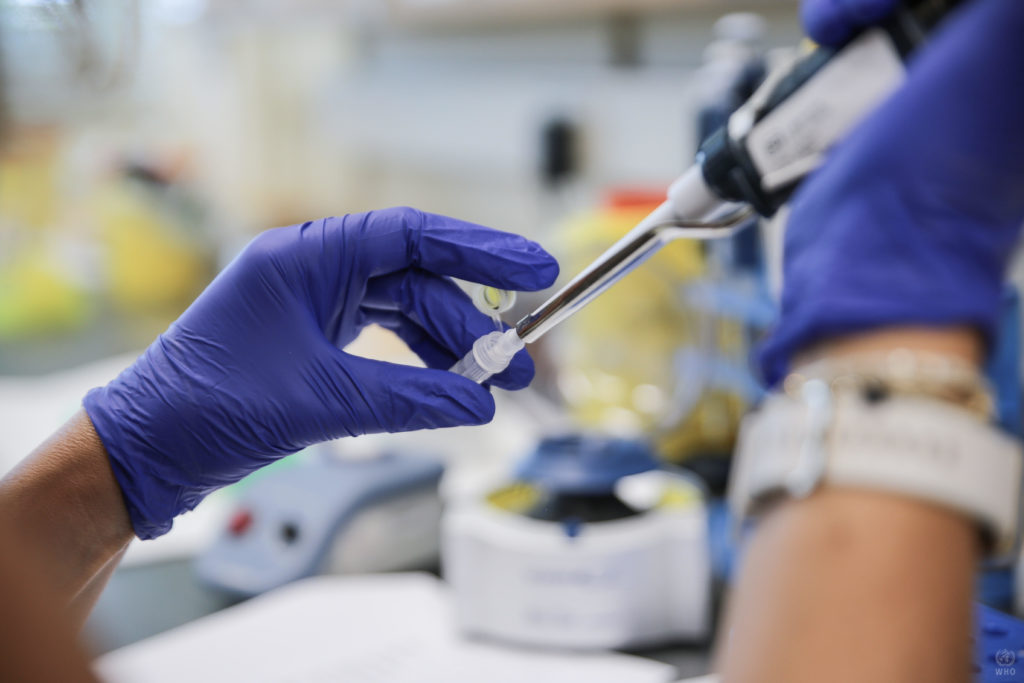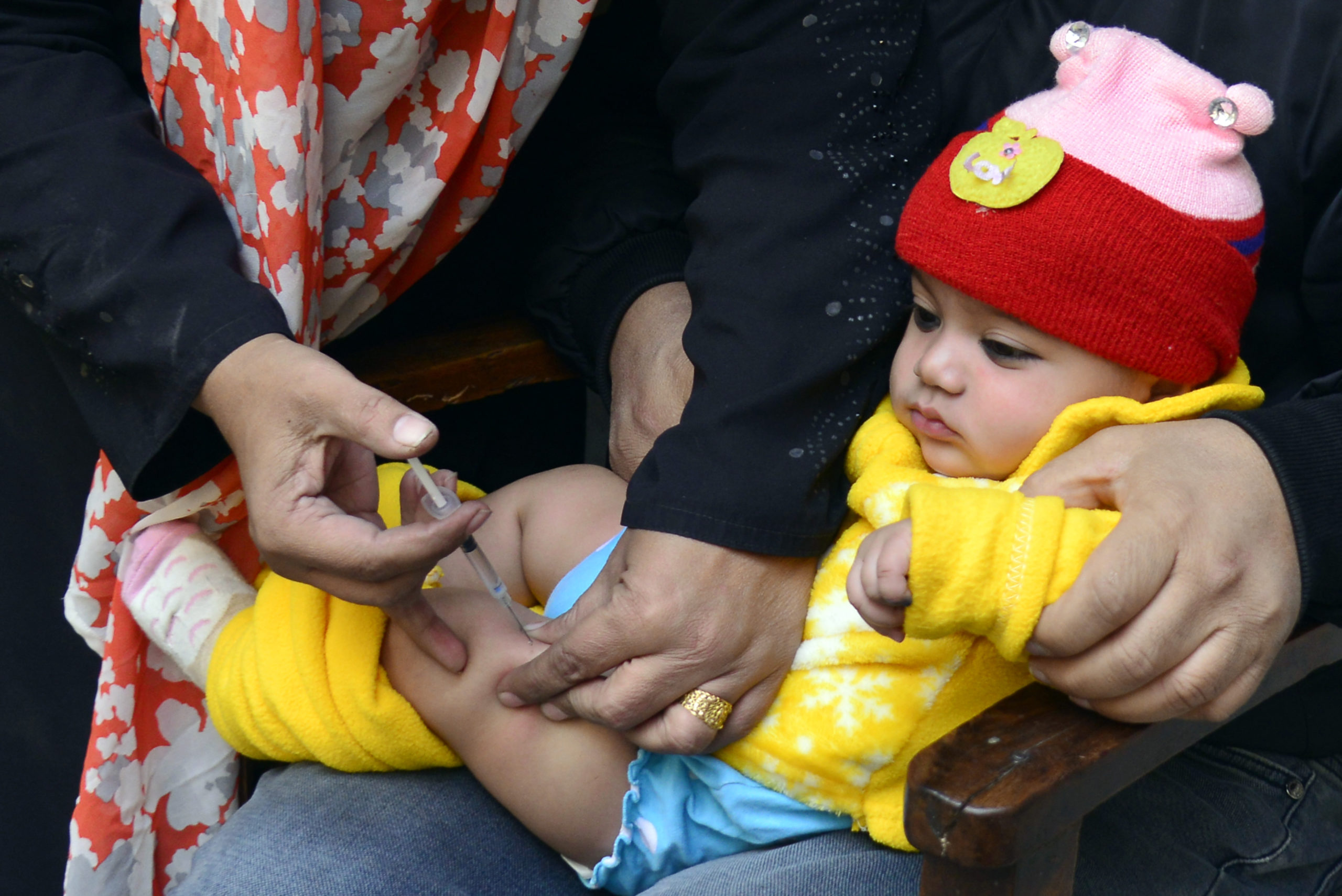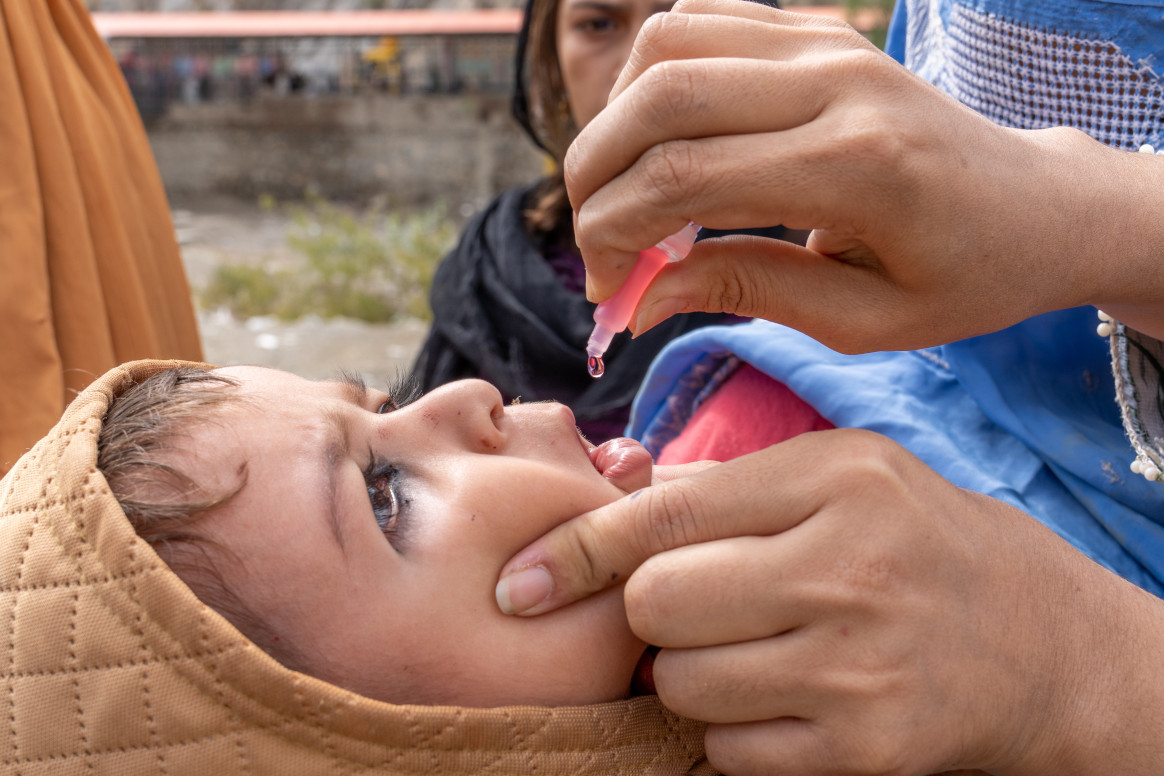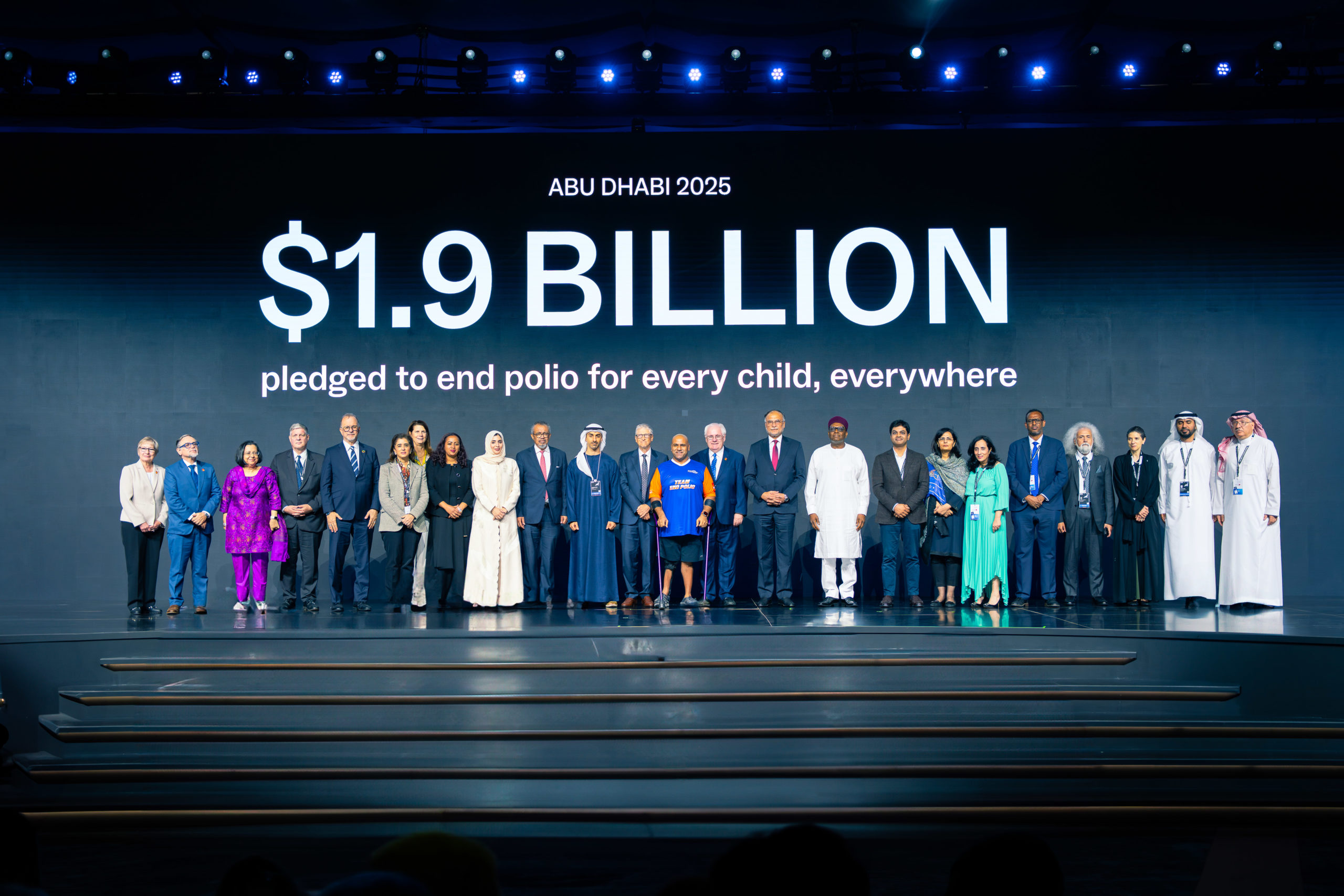
As of November 2025, three facilities – in Belgium, Denmark, and the Republic of Korea – have reached the highest level of biorisk management certification for handling polioviruses. These are the first globally to earn a Certificate of Containment (CC) under WHO’s rigorous standards, ensuring that poliovirus materials are stored and managed with the utmost care.
‘Containment’ of polioviruses refers to the secure handling of the pathogen in specialized facilities – such as vaccine production sites, research labs, and diagnostic centers – to prevent any accidental or intentional release. Even after polio is eradicated, some facilities will continue working with the virus, which is why strict biosafety and biosecurity measures are essential to protect communities from infection and maintain a polio-free world.
Globally, 57 facilities are currently working toward containment certification. In addition to the three that have achieved full certification, 15 others hold valid Interim Certificates of Containment (ICCs) – a critical step toward the final goal. The Global Commission for the Certification of Eradication of Poliomyelitis (GCC) has set a deadline of end-2026 for all nationally designated poliovirus-essential facilities to achieve full containment certification. This timeline is independent of wild poliovirus eradication, meaning containment progress must continue regardless of the status of global eradication efforts.
Johannes Rosenstand Jørgensen, containment coordinator at Denmark’s Center for Biosecurity and Biopreparedness, and chair of the global National Authority for Containment (NAC) networking group, reflected on Denmark’s achievement: “We’re proud to have reached this milestone. It’s part of our broader commitment to protecting the Danish population from biological hazards, and we hope our progress can inspire others on the same path.”
Liliane Boualam, WHO’s poliovirus containment lead, emphasized the importance of collective action: “We’re pleased to see countries making progress toward full containment certification. This is a shared responsibility. With the 2026 deadline approaching, we need continued momentum and commitment to ensure all poliovirus-essential facilities meet the global standards that will help secure a polio-free world.”
The GPEI continues to support countries and facilities through technical guidance and tools to accelerate progress. With just over a year left until the GCC deadline, the focus now turns to scaling up efforts and ensuring that no facility is left behind.
To learn more about containment and track country progress, visit the GPEI containment hub.



